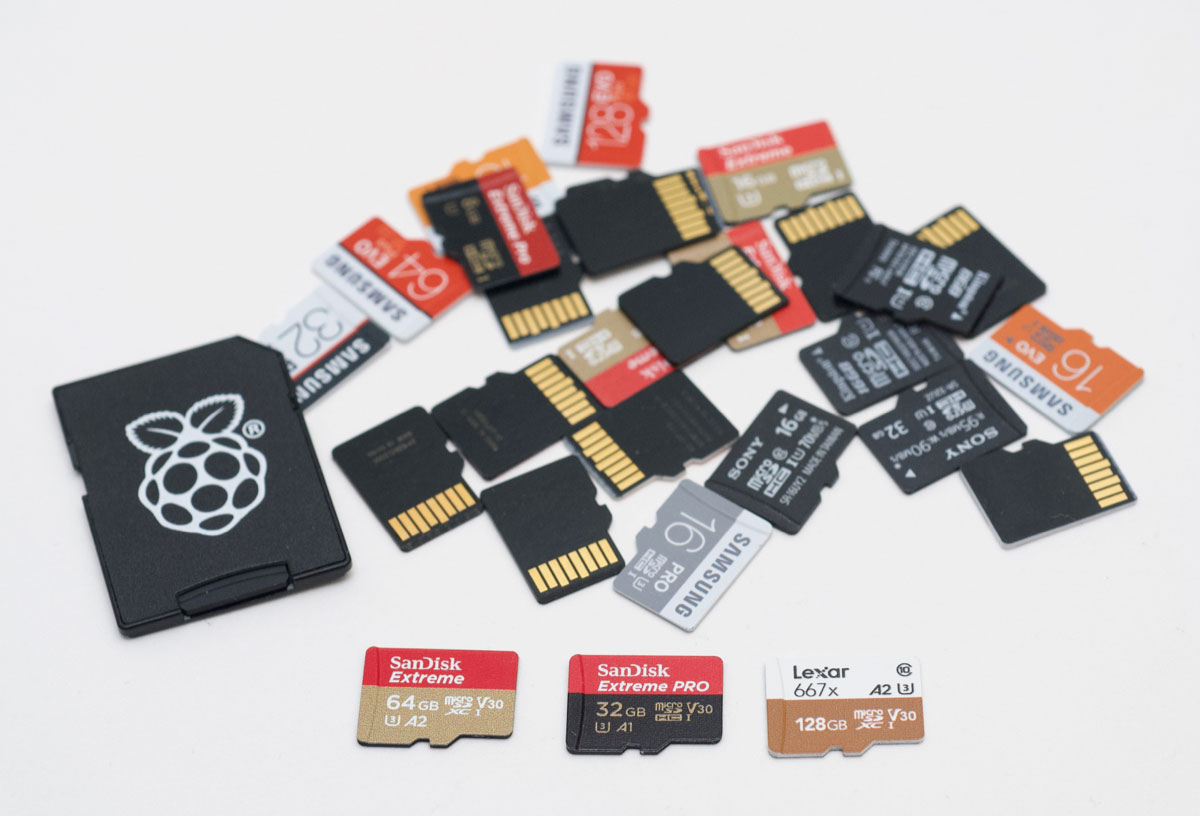Phoronix: Linux 5.10 Btrfs Hitting A Performance Regression But Improving With Linux 5.11
Linux 5.10 as a Long-Term Support (LTS) kernel has been off to a rocky start after an immediate point release due to a RAID issue, some reporting AMDGPU problems, and also a staggering Btrfs performance regression hitting some users...
Linux 5.10 as a Long-Term Support (LTS) kernel has been off to a rocky start after an immediate point release due to a RAID issue, some reporting AMDGPU problems, and also a staggering Btrfs performance regression hitting some users...



Comment